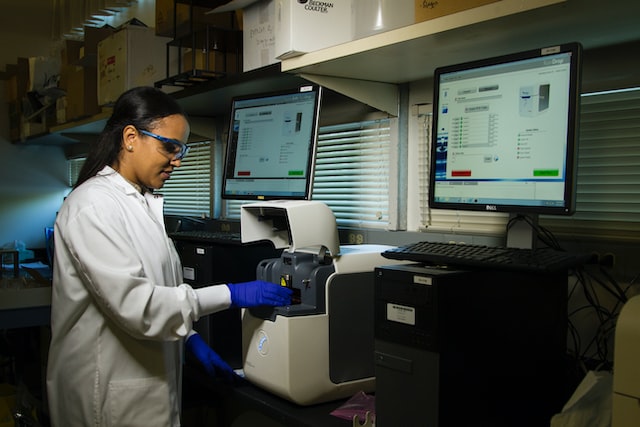Farmers are losing between 10% to 23% of their crops annually due to fungal infections, with an additional loss of 10-20% occurring after harvest.
Now scientists are warning that this fast-rising fungal attack due to climate change could threaten the planet’s future food supply.
Eva Stukenbrock, one of the authors of the study, said, “As our global population is projected to soar, humanity is facing unprecedented challenges to food production. We’re already seeing massive crop losses to fungal infection, which could sustain millions of people each year. This worrying trend may only worsen,”
High temperatures would result in new variants of pathogens, and stronger storms would help in spreading the spores even further
According to the UK and German researchers, because of Global warming pathogens that were formerly limited to tropical areas are now moving steadily polewards.
Since the 1990s, fungal infections have been moving northwards at about 7km/year. Wheat stem rust infections which were usually found in the tropics are now also reported in England and Ireland.
Professor Sarah Gurr, the other author of the study, said, “Fungal infections are threatening some of our most important crops, from potatoes to grains and bananas. We are already seeing massive losses, and this threatens to become a global catastrophe in light of population growth. Recently, we’ve seen the world unite over the human health threat posed by covid. We now urgently need a globally united approach to tackling fungal infection, with more investment, from governments, philanthropic organizations, and private companies, to build on the seeds of hope and stop this developing into a global catastrophe which will see people starve.”
The article was published in the journal Nature.







